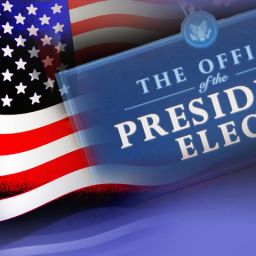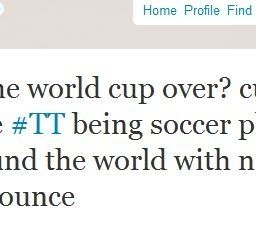
However, trolling‘s impact is broad, impacting not only those with personal blogs or those in “safe space” online communities, but also professional blogging. The issue of trolling needs to be addressed by all blogs because all blogs will likely have some level of trolling, especially if one’s definition of trolling includes all time-wasting comment management (spam, I’m talking to you!). I’ve heard corporate lawyers state that due to their concerns about the copyright of those who post comments they strongly discourage disemvoweling or editing of comments, instead preferring to suggest complete elimination of unwanted comments. Of course there are ways of making space only available to those you specifically allow entry, such as livejournal’s “friends only” status, but that significantly limits discourse.
Recently William Patry has closed down his well-regarded copyright blog, at first deleting the entire archive and only leaving a goodbye post (archives subsequently restored). Keep in mind when reading the quote below that this is someone who is one of the most well-known and regarded specialists in his field, who has been in professional practice for over twenty-five years.
In order to encourage open discussion [on my blog] I permitted not only comments but anonymous and pseudonymous comments. I did that because I wanted to encourage the largest number of people to participate, and after four years I believe that was the right decision. But it is also the right decision to end the blog. …. I cannot see what more I could have done to make what was a personal blog more separate from my employer….
On top of this there are the crazies, whom it is impossible to reason with, who do not have a life of their own and so insist on ruining the lives of others, and preferably as many as possible. I asked myself last week after having to deal with the craziest of the crazies yet, “why subject yourself to this?” I could come up with no reason why I should: My grandfather chose to be a psychiatrist, but I chose a different professional path, one that doesn’t obligate me to put up with such nonsense.
In the end, I concluded that it is no longer possible for me to have a blog that will be respected for what it is, a personal blog.
Even the University of Chicago Law Faculty Blog has implemented a comments policy:
The Law School therefore encourages readers of the Faculty Blog to engage in respectful conversation – as one would at a conference or in a classroom – with faculty posters and other readers through use of the Blog’s “Comments” feature.
.. all comments will be subject to approval by a Law School moderator [and] may fail to be approved or may be edited if the moderator deems that they:
- contain unsolicited advertisements (“spam”),
- are unrelated to the subject matter of the post or of subsequent approved comments,
or- contain ad hominem attacks or abusive or gratuitously offensive language.
Comments policy do play a role in limiting trolling because they help shape what is acceptable discourse. But trolls will still troll and someone (a real live person) still needs to read comments to limit trolling.
The problems of the Internet are not new to humanity, instead there is a new distribution means of various acts, ranging from being mean, to committing cruel acts, to crimes. However, the internet allows for a new form of the heckler’s veto, where those that “yell” the loudest or the most often (as in a denial-of-service attack) can limit the speech of those that created that specific space on the internet. And if the heckler threatens enough, speech by the original speaker or others that agree can be severely curtailed. The cost to those who do not agree with the troll — from the blog host to the other readers can be great — and the troll is only limited by how much time he is willing to spend.
Some have and will likely say — toughen up! or First Amendment with no limits, yay! But that doesn’t solve the underlying social problem of some speakers limiting speech through speaking rudely, cruelly, or threateningly (“but I didn’t mean it! You [any group here] are humourless). If William Patry and the University of Chicago Law faculty find this a difficult issue to address, it is no wonder why the rest of the blogging community finds trolling so problematic.






[…] issues were discussed in On the internet no one can hear you turning off your blog: the impact of trolling, including the comments on the University of Chicago law faculty blog and the now-shuttered Patry […]